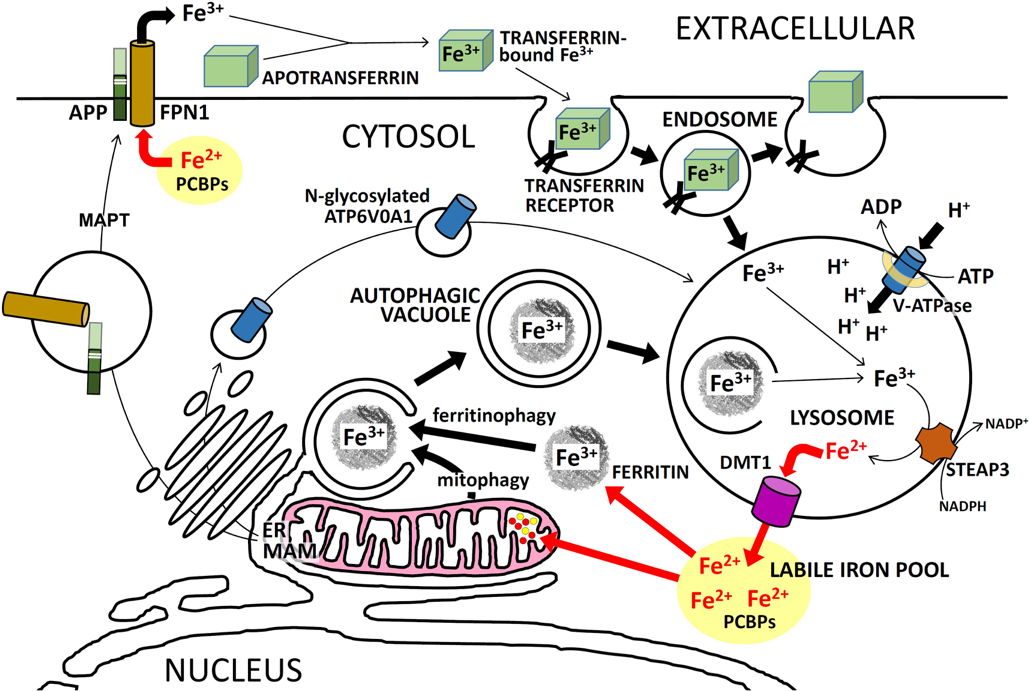Molecular biology analysis of the function of Alzheimer's disease genes

Investigate the molecular biology of the function of Alzheimer's disease genes.
Investigate the molecular biology of the function of Alzheimer's disease genes.
Alzheimer's disease is the major form of dementia but its cause is still largely a mystery. However, there are inherited forms of Alzheimer's disease that occur early (before 65 years of age) and are caused by mutations in only a small number of genes. By analysing what these genes do at a molecular level, we can gain insight into the mechanisms underlying the disease.
Zebrafish are a very flexible genetic model that allow us to analyse Alzheimer's disease genes in many different ways. We can alter the expression of genes in fertilised zebrafish eggs to see how this affects animal development or to monitor molecular interactions using molecular biology techniques such as western blotting and quantitative PCR. We can create transgenic zebrafish or use CRISPR-technologies to introduce Alzheimer’s disease-like mutations into the zebrafish genome.
Alzheimer's disease genes have been shown to control many cellular functions such as energy production, signal transduction, and the recycling of cellular components ('autophagy'). Recently we have realised that most of the mutations causing Alzheimer’s disease may affect how cells import, store, recycle, and export iron.
There is some evidence from our fish that carry Alzheimer’s disease-like mutations that iron homeostasis is affected and we are keen to investigate this further.
Work on this honours project will investigate the function of one or more Alzheimer's disease genes using cell injection and molecular biology techniques.
Study Alzheimer’s Disease
We are the world's foremost research group for using the zebrafish model to investigate the molecular basis of Alzheimer's disease.

Supervisors
Associate Professor Michael Lardelli
Co-supervisor: Dr Morgan Newman
Research area: Alzheimer's Disease Genetics Laboratory
Recommended honours enrolment: Honours in Molecular and Biomedical Science
